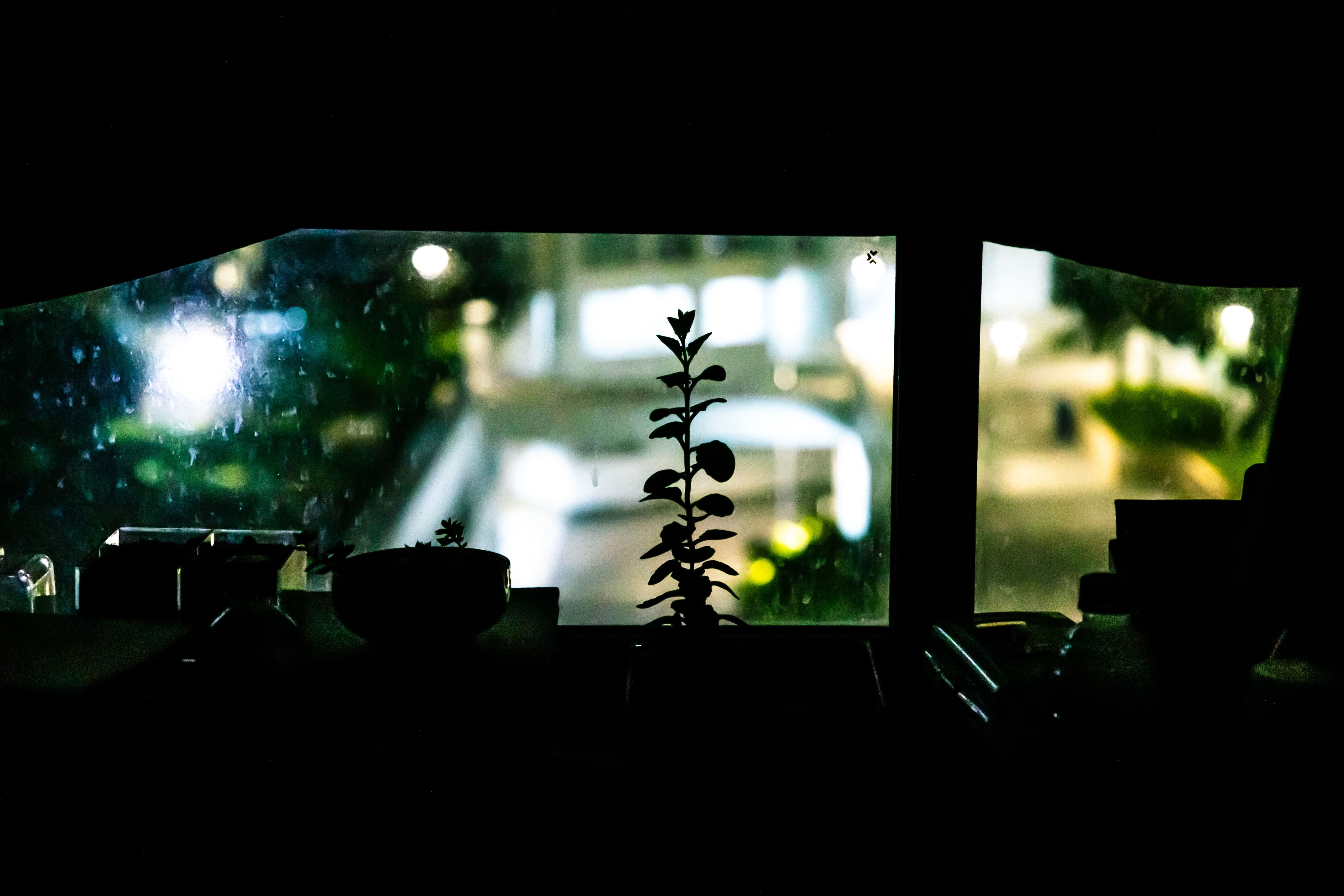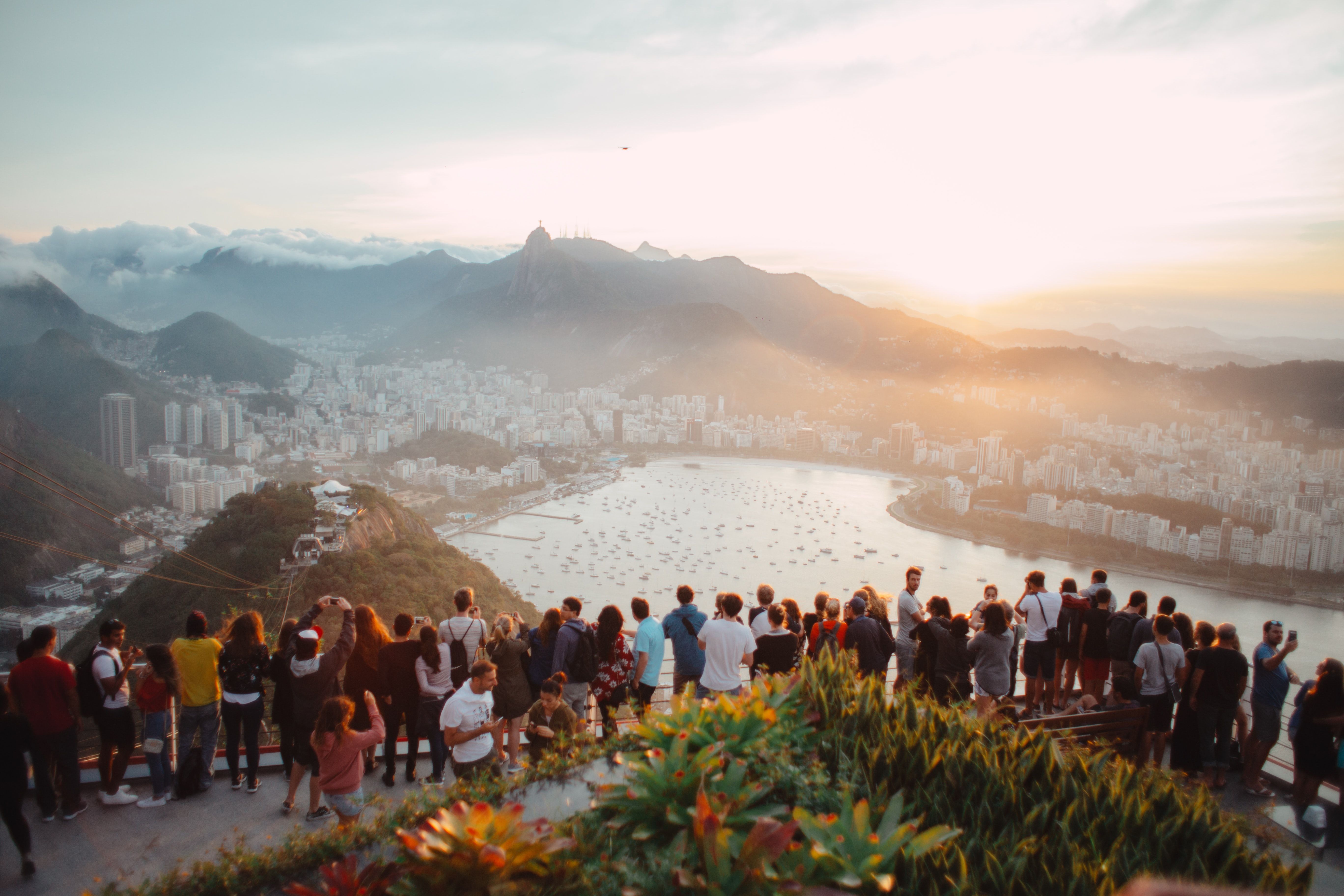Photography is a fulfilling hobby for many people around the world. In some cases, it can become an exciting career. Snapping with your camera provides a creative outlet and the chance to express your emotions.
Despite the benefits that photography brings to people’s lives, many people look at the pictures they take with disgust. Over time, these negative emotions can lead to them putting down their camera for good.
If you find that you dislike your photos, you’ve come to the right place. Let’s look at seven reasons you may have these feelings and what you can do about them.
1. Your Photos Are Blurry
One of the most common reasons that photographers—especially new photographers—dislike their images is because they’re blurry. To be honest, creating blurry pictures is a rite of passage for those new to the world of snapping.
When your pictures aren’t sharp, it’s often because your camera was moving too much at the time of snapping. Some, such as moving your camera in a different direction, are obvious. But cold weather and your body moving, even if only subtle, can also make a difference.
Fixing blurry pictures is one of the most straightforward photography-related problems to tackle. If you shoot handheld, you need to ensure that your shutter speed is high enough. It’s also a good idea to activate image stabilization if your device has this built-in.
If you need to take photos at a slower shutter speed, investing in a tripod is a good idea. Alternatively, you can rest your camera on a flat surface.
Sometimes, your photos might be blurry because you didn't focus on the right place. You can change the focus spot on your camera, or even the mode if you'd prefer.
2. Your Photos Are Under or Overexposed

If you want to take better photos, it’s fundamental that you understand the exposure triangle. This triangle includes shutter speed, ISO, and aperture, and all three aspects work together to create your picture.
When you don’t have the exposure triangle in balance, you’ll end up with either too bright or too dark photos. Yes, you can sometimes fix these in post-processing, but your job is much easier if you get them right when capturing your image.
One way to stop your pictures from being overexposed or underexposed is to keep the meter as close to 0 when using manual mode. The higher the meter moves into the + range, the brighter your picture will be; the opposite happens if it moves in the other direction.
3. You’re Taking Photos of the Same Thing

Often, people fall out of love with photography because they get bored. One way to get bored fast is to take photos of the same things or visit the same spots in your hometown.
When you’re a beginner, you’ll probably reach a plateau at some stage. When that happens, you’ll begin to question why you started photography in the first place. If you’re bored with photography to the point you start resenting your images, don’t worry—you can try several things to get you out of that funk.
If you have the means to, try visiting somewhere new. You could travel to a new state or country, but even checking out a new spot near where you live can help get your creative juices flowing again. Alternatively, think about shooting at a different time of day.
Another way to combat boredom is to try taking photos with a different mode on your camera. Not only will you create more unique pictures, but you’ll also learn how to use your device much better.
4. You’re Taking Photos of Things That Don’t Interest You
The only way you’ll continue any creative pursuit for the long run is if you have a genuine interest in what you’re doing.
When it comes to photography, you’ll probably find that you dislike some kinds more than others; you’ll probably be more drawn to certain styles, and you might even enjoy taking pictures in some places more than others.
Every image you create should be an extension of your personality. It’s important to experiment because that’s the only way to know what you do and don’t like. But once you know what doesn’t interest you, do less of that and more of the photography that makes you happy.
5. You Over-Edit Your Photos
Post-processing software like Adobe Lightroom and Capture One are excellent for fine-tuning your images and adding additional flair. However, many beginner photographers go overboard with their editing when they first start using these platforms. Before you know it, that photo you thought was a beauty looks like you took it with a microwave.
Common ways that users over-edit their photos include:
- Adding too much saturation
- Moving the clarity, dehaze, and texture sliders up far too high
- Sharpening their images too much
To stop over-editing your photos, try to look at post-processing from the “less is more” perspective. The aim isn’t to make your photo unrecognizable; it’s to portray your message while still keeping the image realistic.
Before exporting pictures, try to step away from your computer screen for a few minutes too. You’ll often find that you’ve taken things too far when you come back, especially if you’ve spent hours looking at your device.
6. The Colors Don’t Look Right
The pain of thinking you’ve made a masterpiece, only for someone to say “yeah, it’s alright” when you show them, is all too real. Your composition is probably fine, but the colors fail to evoke emotions in the viewer.
Pairing colors is often an overlooked aspect of photography. When you look at your favorite photographer’s Instagram page, they’ve likely thought a lot about this particular aspect.
Color theory is getting into more advanced levels of photography, but having a basic understanding is helpful. This helpful video by the YouTuber Pat Kay breaks it down into a digestible format:
If you want to see how different colors work in harmony with each other, it’s also worth checking out Adobe Color.
7. You’re Comparing Your Photos to People Better Than You
“Comparison is the thief of joy” is often overused, but it rings true—especially with creative endeavors like photography. With social media, it has never been easier to compare what you put into the world with others.
While the internet can help you find inspiration for your camera-clicking, it can also do the opposite. You’ll only feel disheartened if you critique your work to people who have put years into their craft. This won’t magically go away when you get better, either—since someone is always better than you, the cycle never ends unless you make it.
By all means, use people you look up to as inspiration to reach their level. But when it comes to comparing for the sake of critiquing, look at your work from a year ago compared to now. And if anyone on social media triggers these feelings of inadequacy, consider unfollowing them.
Fall in Love With Photography Again
You probably started picking up your camera for a reason, and it’s unlikely that you’ve fallen out of love with photography overnight. When you feel like you hate the photos you take, the problem usually is easy to fix.
Most of the photos you see in the world were preceded by thousands of terrible images beforehand. Every time you produce a bad picture, use it as inspiration to create something better next time.
0 Comments